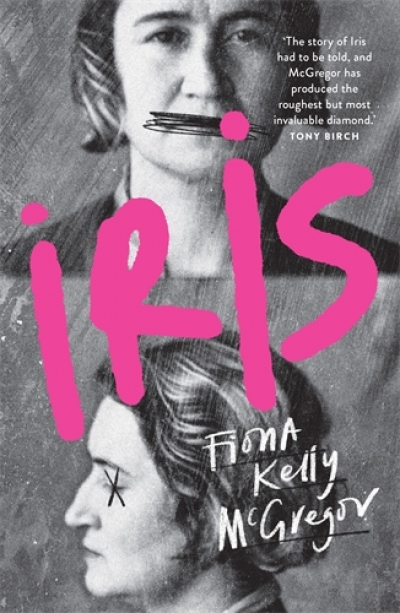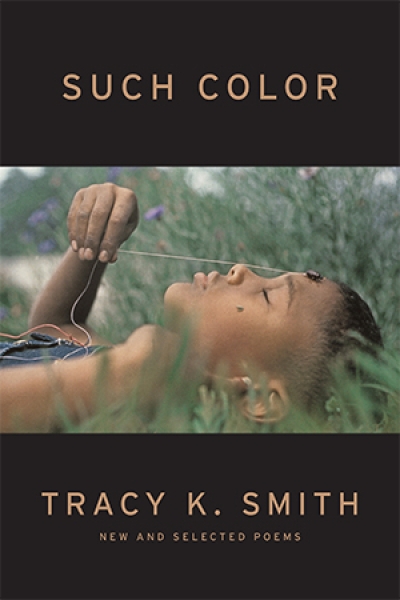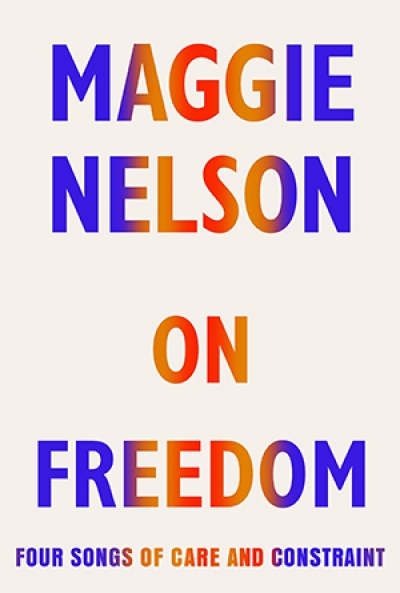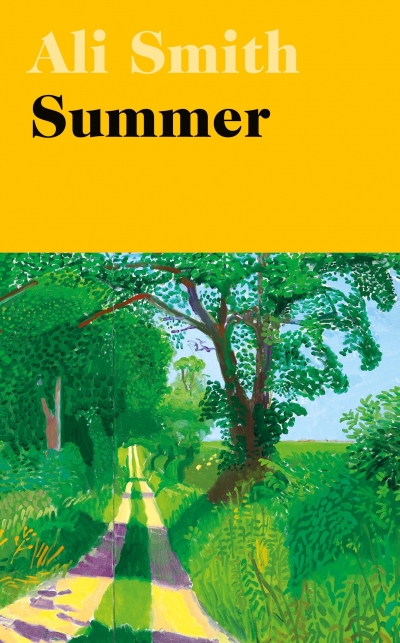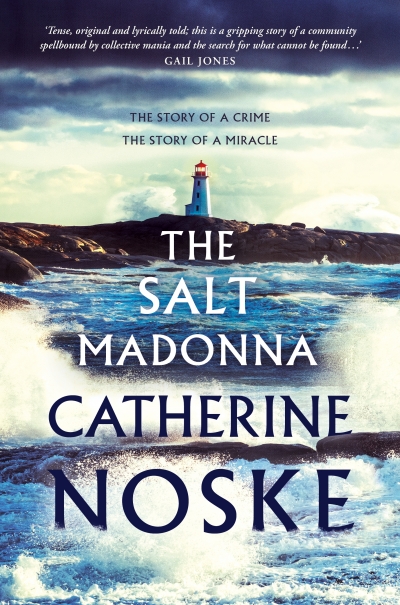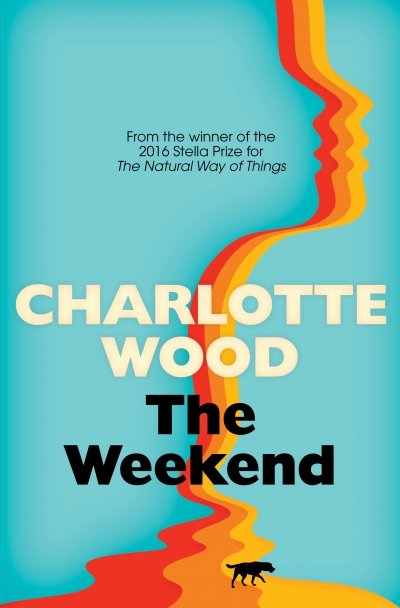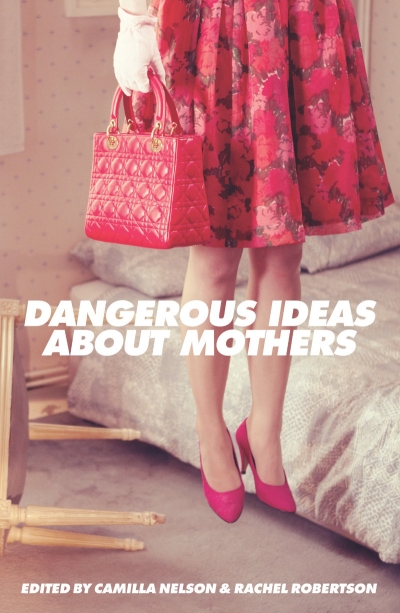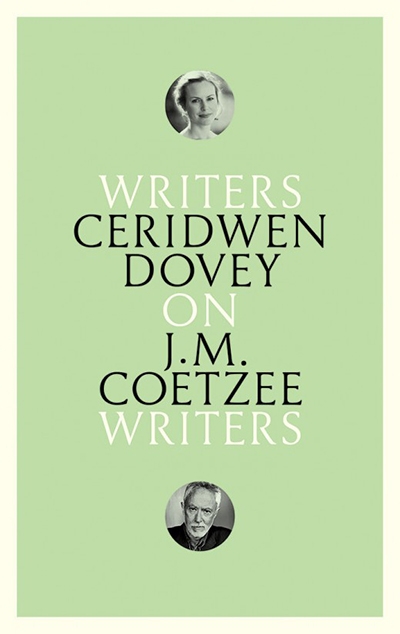Felicity Plunkett

Felicity Plunkett is a poet and critic. Her latest work, A Kinder Sea, is published by UQP. Her first collection of poetry Vanishing Point (UQP, 2009) won the Arts Queensland Thomas Shapcott Prize and was shortlisted for several other awards. She has a chapbook Seastrands (2011) in Vagabond Press’ Rare Objects series. Felicity was Poetry Editor for University of Queensland Press and edited Thirty Australian Poets (UQP, 2011). She has a PhD from the University of Sydney and her reviews and essays have been widely published in The Australian, Sydney Morning Herald, Australian Book Review, Sydney Review of Books etc. Her essay ‘Sound Bridge’, a portrait of Indigenous Australian musician Dr G. Yunupingu, was first published in Australian Book Review and anthologised in Best Australian Essays 2015 (Black Inc, ed. Geordie Williamson).

